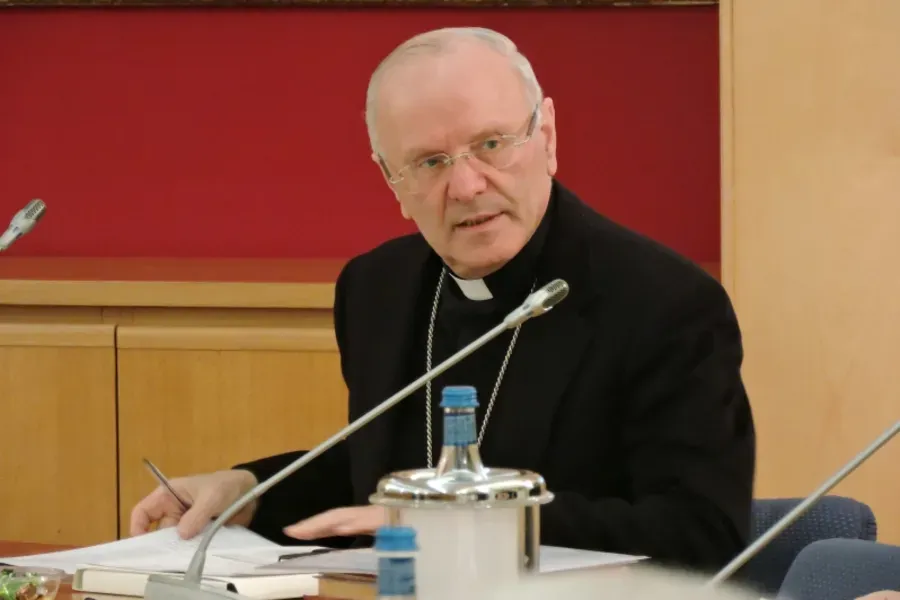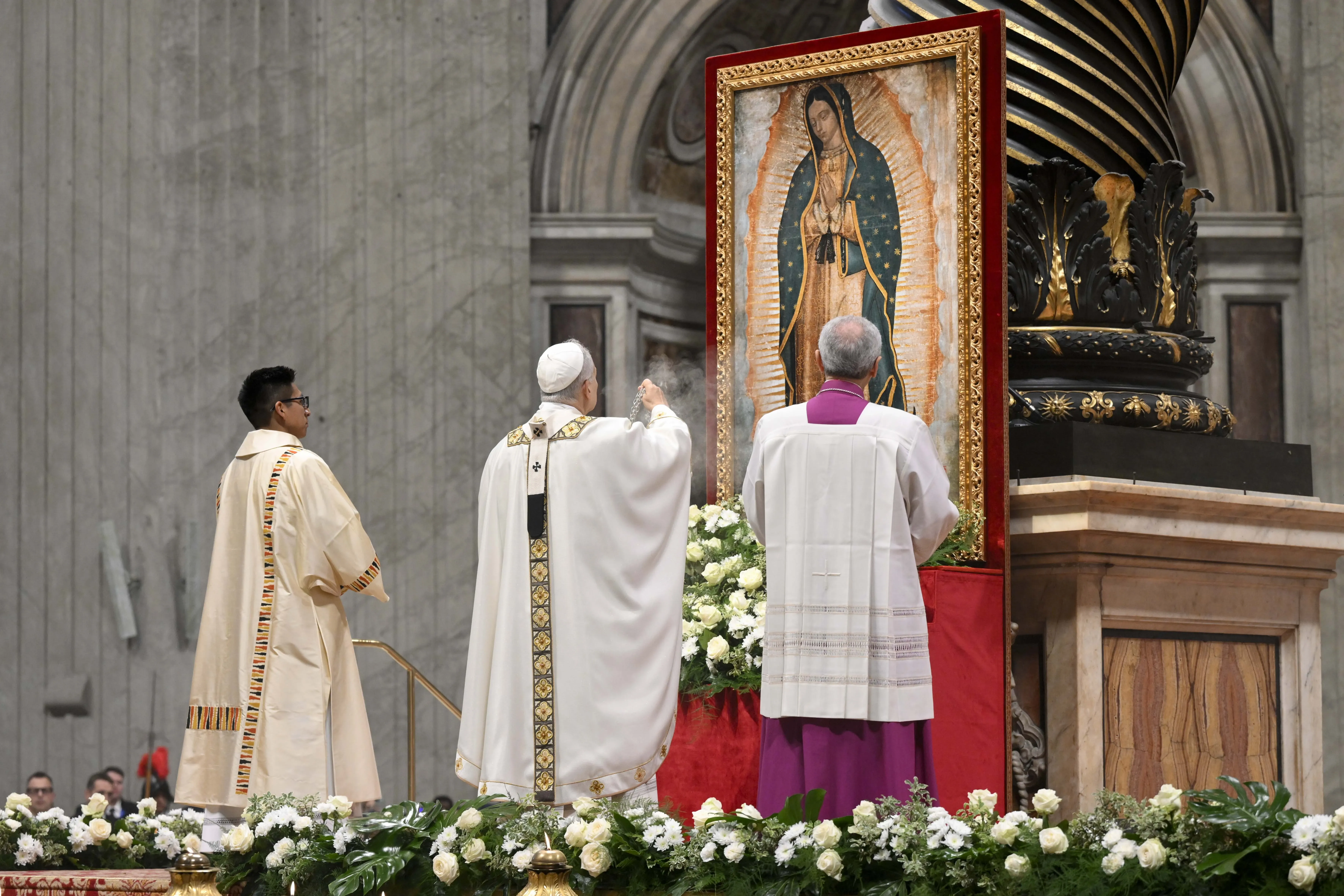Guerrero told Vatican News the Holy See comes “from a culture of secrecy, but in economics we have learned that transparency protects us more than secrecy.”
He claimed the culture is changing and the institution is beginning to see itself as a caretaker, not owner, recognizing the accountability that calls for.
Releasing the 2020 balance “marks a turning point that can lead to greater credibility of the Holy See in economic matters,” he said.
“First of all, this process tells us about a past, a recent past, but a past,” he underlined. “There can always be mistakes, but today I do not see how the events of the past can repeat themselves.”
Galantino said that the activities APSA is carrying out go beyond “the serious consequences of the pandemic crisis.”
(Story continues below)
According to the bishop, 14% of the properties managed by APSA are rented at market value, while the remaining 86%, those with institutional uses such as work places for Vatican employees and residences for retired cardinals, charge no rent or are rented below market value.
APSA carried out a quantitative and qualitative update to the inventory of the buildings and land it administrates, he said, and found that many of the assets, both those rented to tenants and those used for institutional purposes, were in need of maintenance, modernization, and increased security.
He explained that APSA will also begin a renovation project on 100 apartments in January 2022, with a scheduled end date of sometime in spring 2023.
“Our energies are directed to a credible and reliable administration, as well as effective and efficient, allowing us to be guided by processes of rationalization, transparency and professionalism also required by Pope Francis,” he said.
According to Italian news agency ANSA, the Secretariat for the Economy will begin implementing a new “pilot” review process of personnel in some offices.
ANSA reported that Guerrero had sent a letter to the heads of dicasteries saying the assessment of job performance is taking place in light of curial reform and “the need to make the most of deserving resources, to provide new opportunities and to promote technical and professional training.”
With the release of the 2020 balance, Guerrero told Vatican News that the economic secretariat wants “to ensure economic sustainability, while also maintaining the pope’s correct decision not to fire anyone.”
He added that “to generate greater motivation in the staff, it would be useful to make a plan with a long-term vision and to have a work policy with professional development programs and formation, and particular attention to formation in the mission that is carried out in the Holy See. This would also save money in the long run.”
Hannah Brockhaus is Catholic News Agency's senior Rome correspondent. She grew up in Omaha, Nebraska, and has a degree in English from Truman State University in Missouri.








